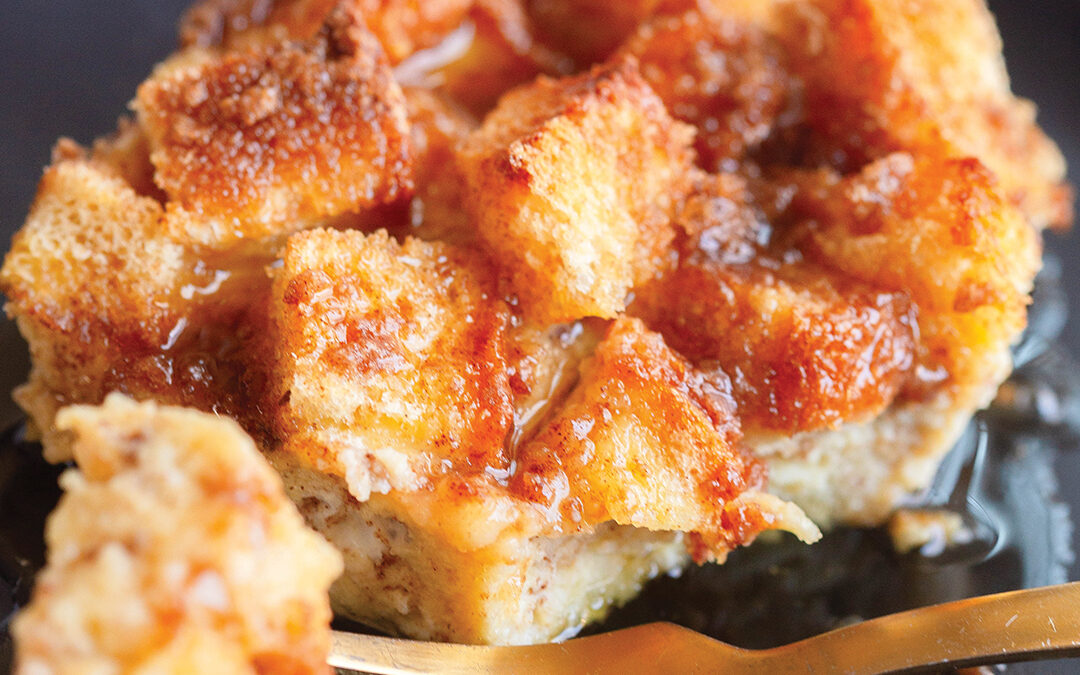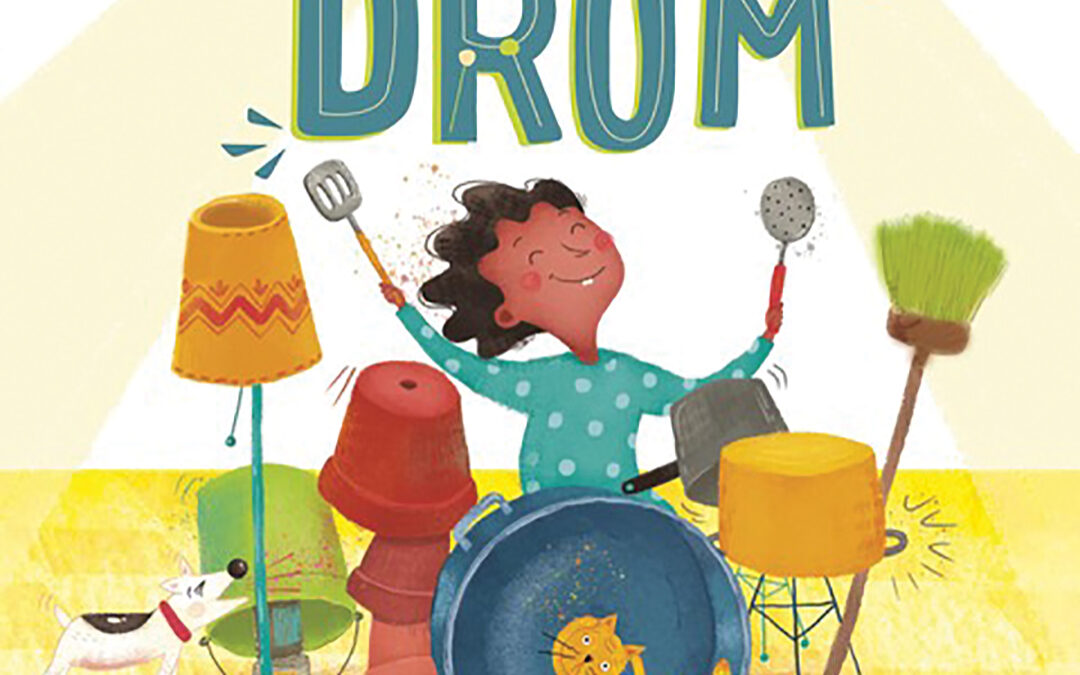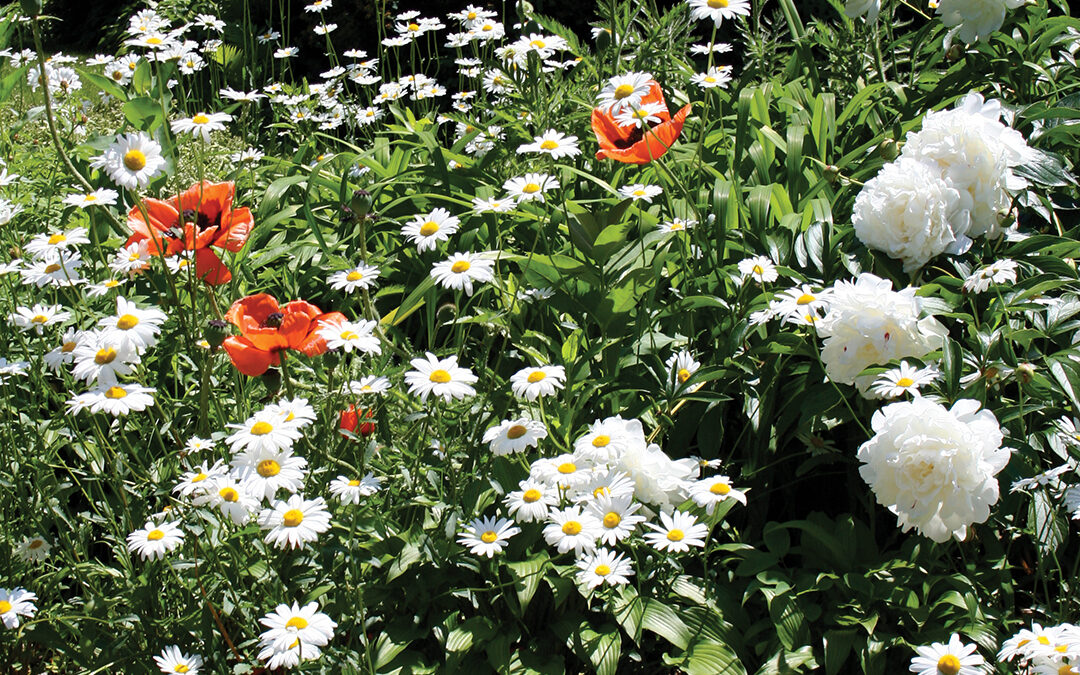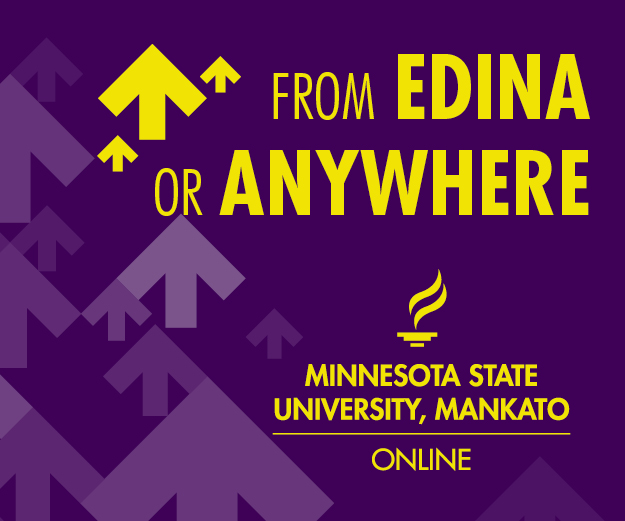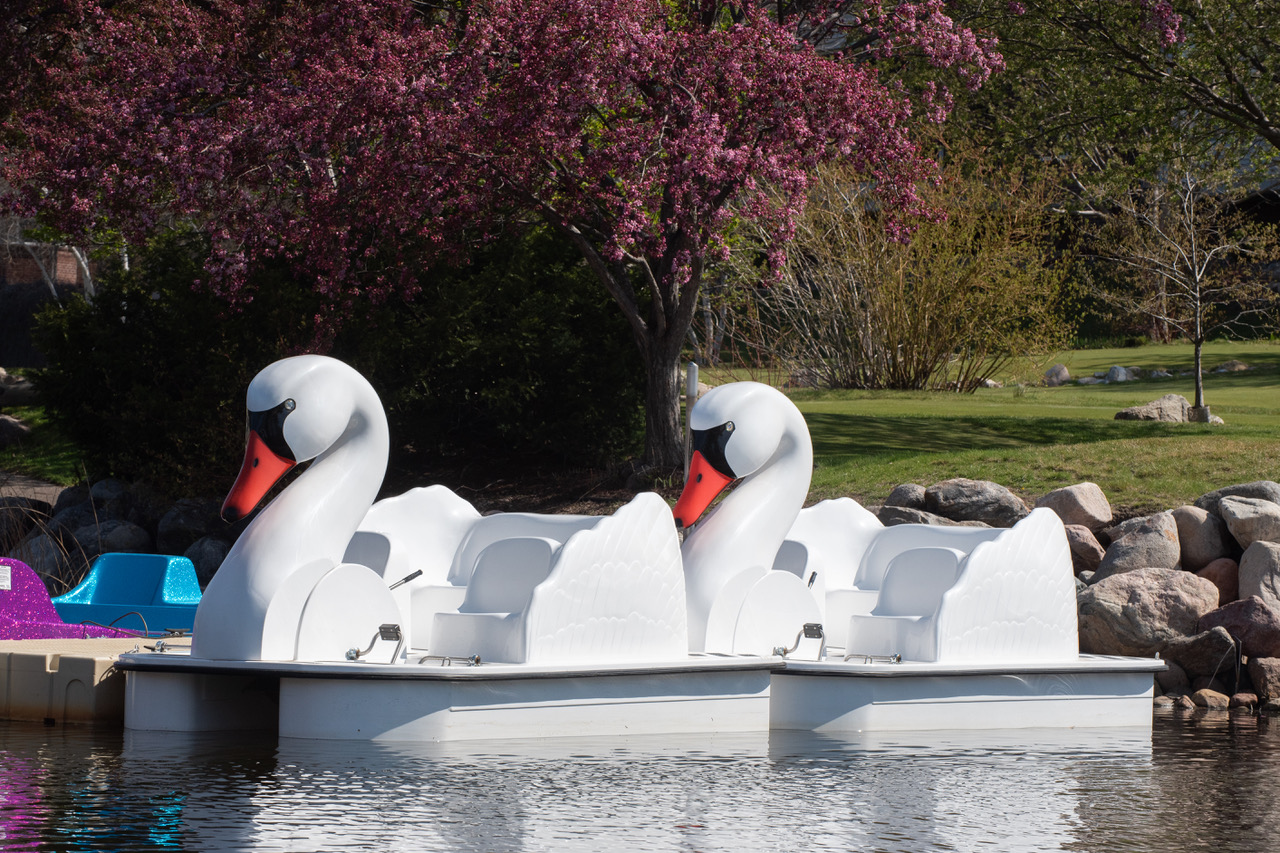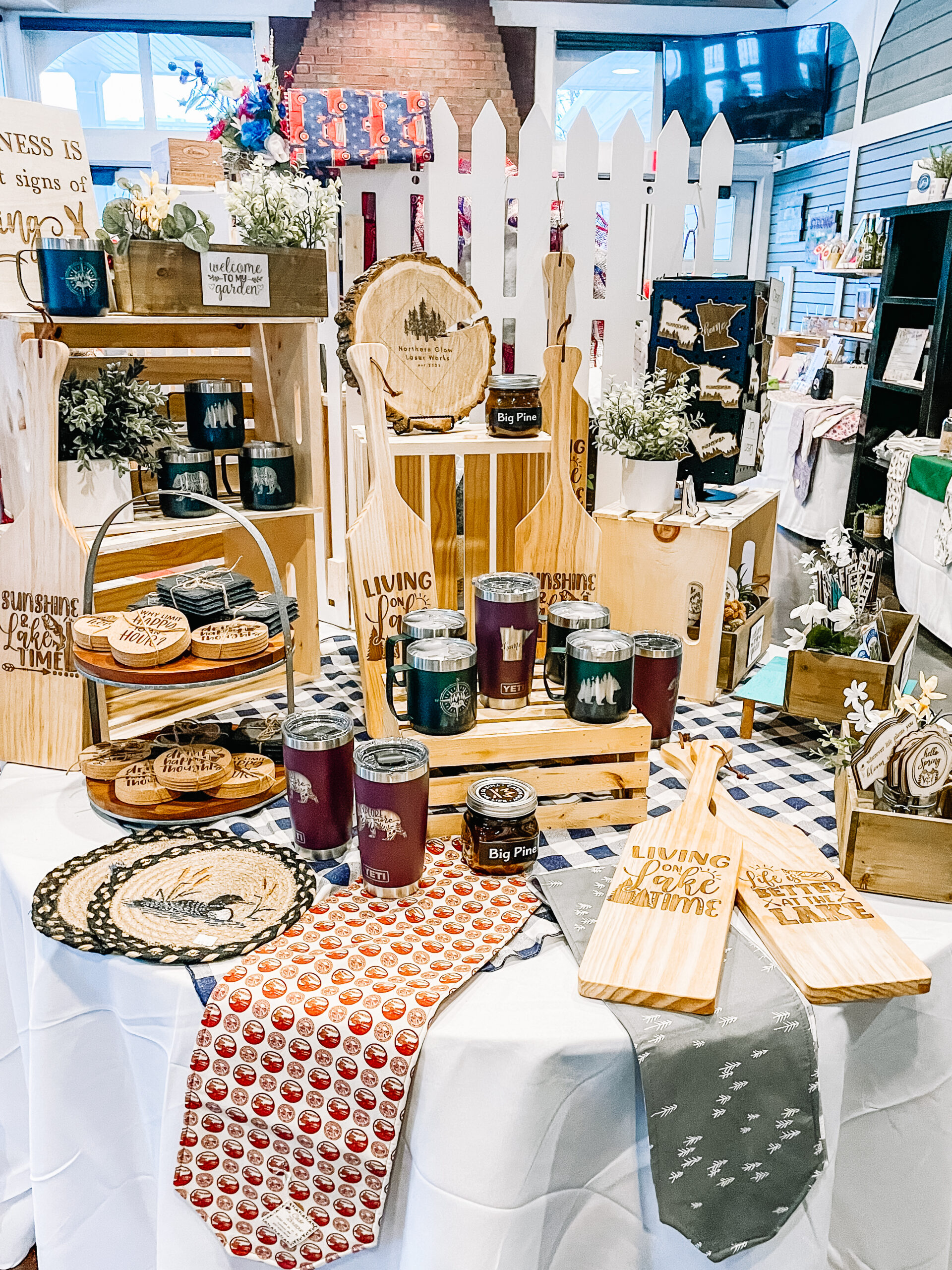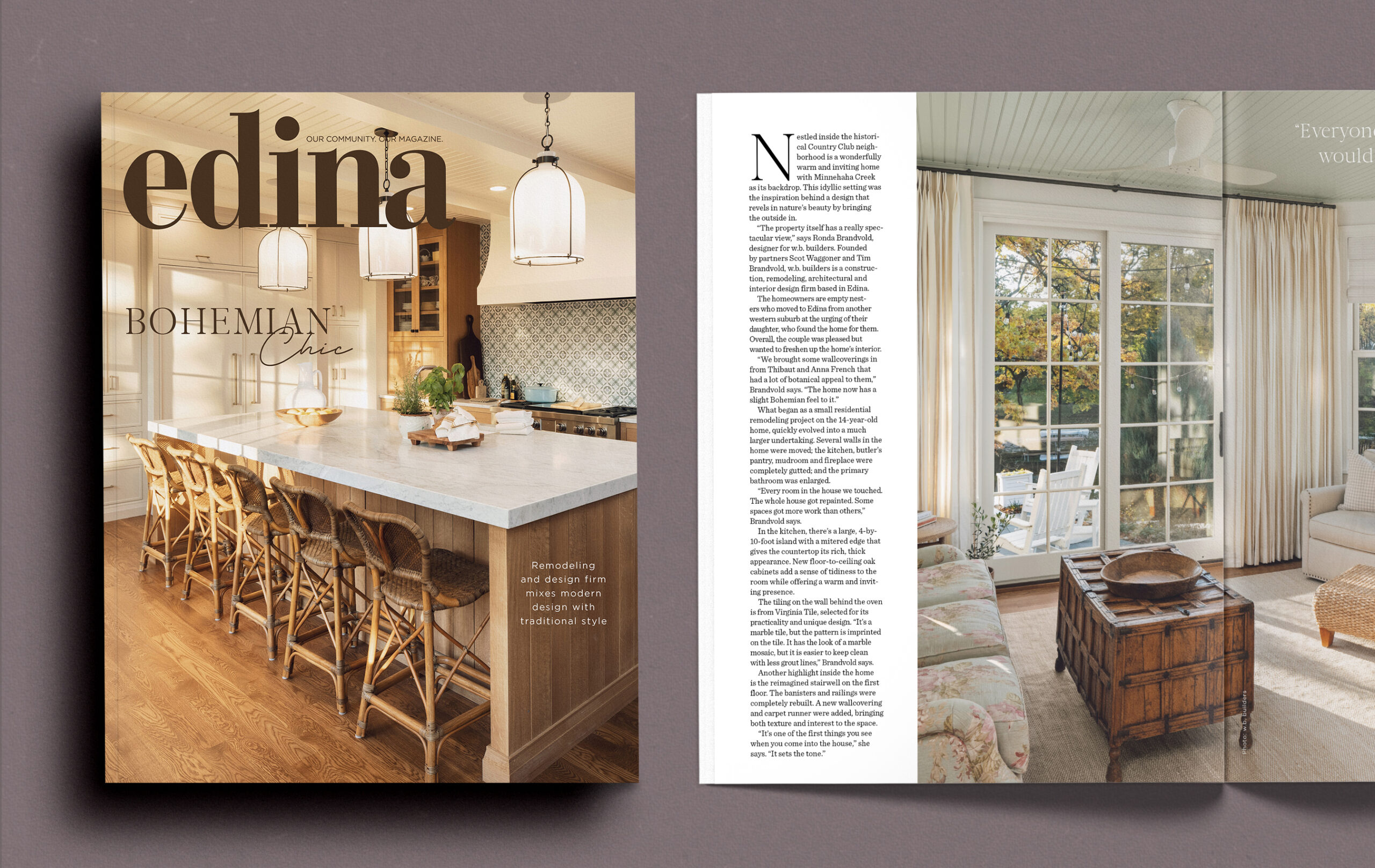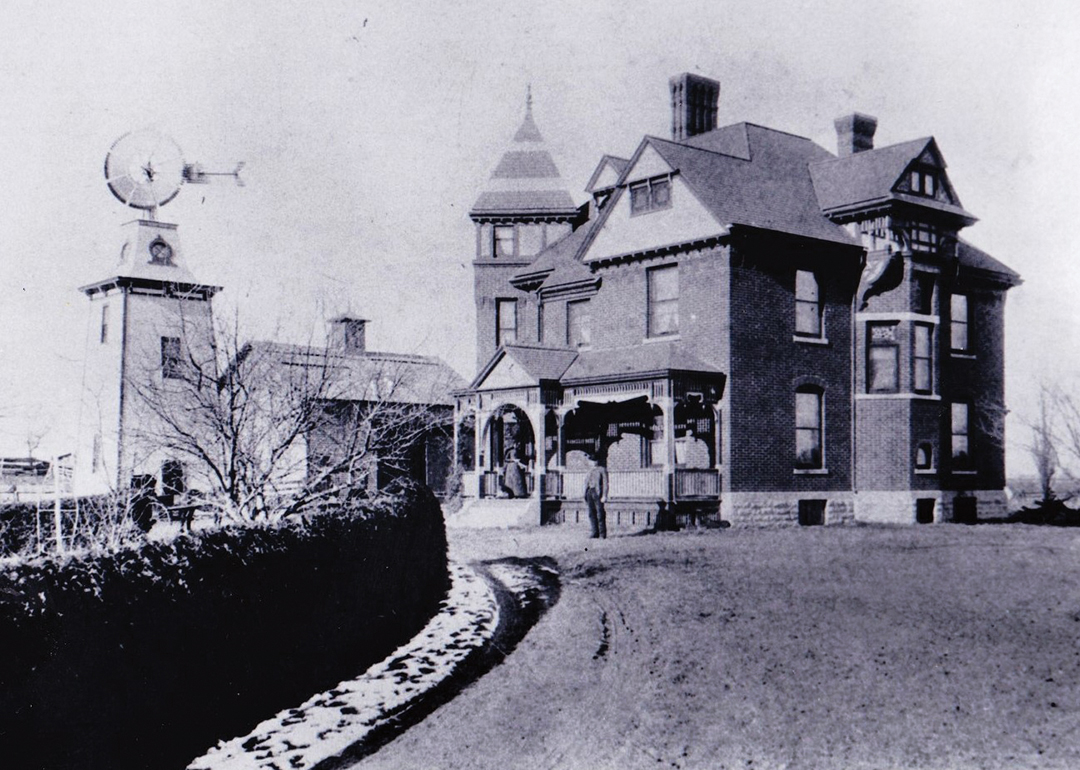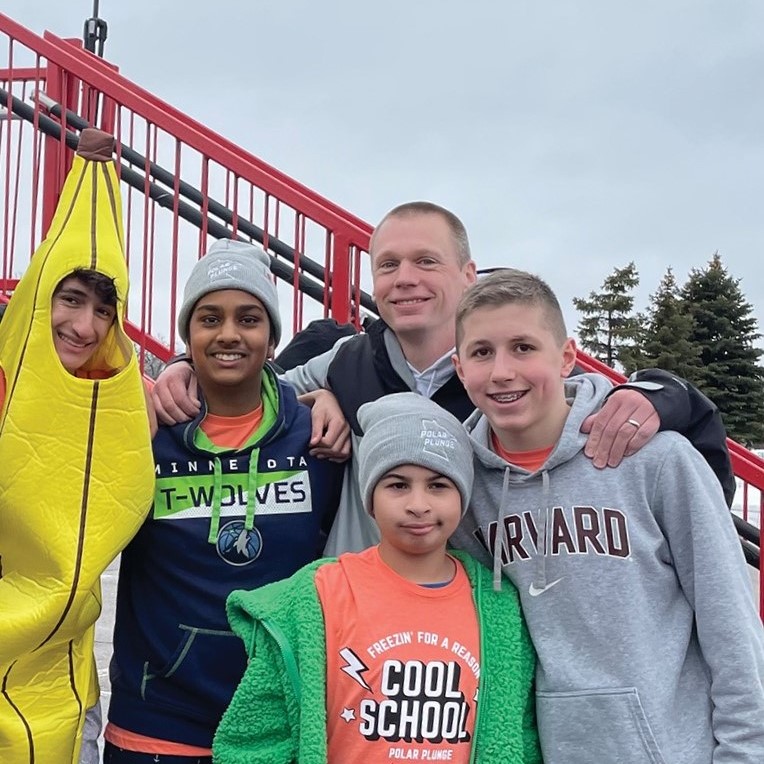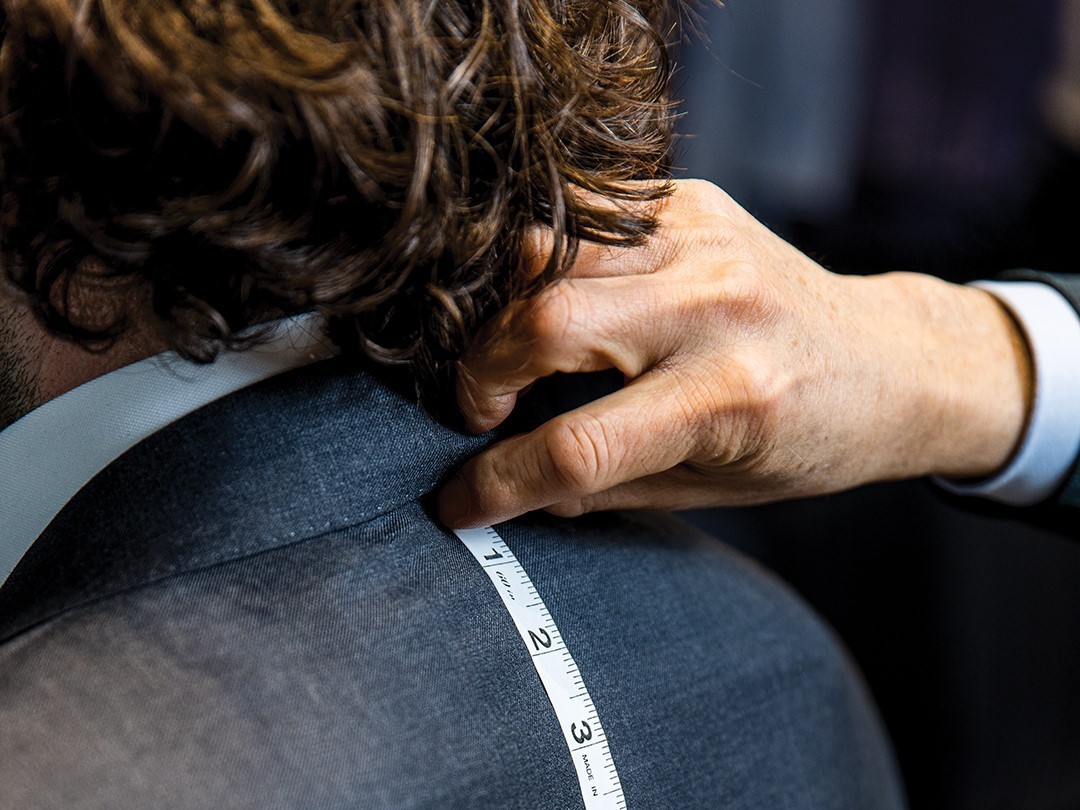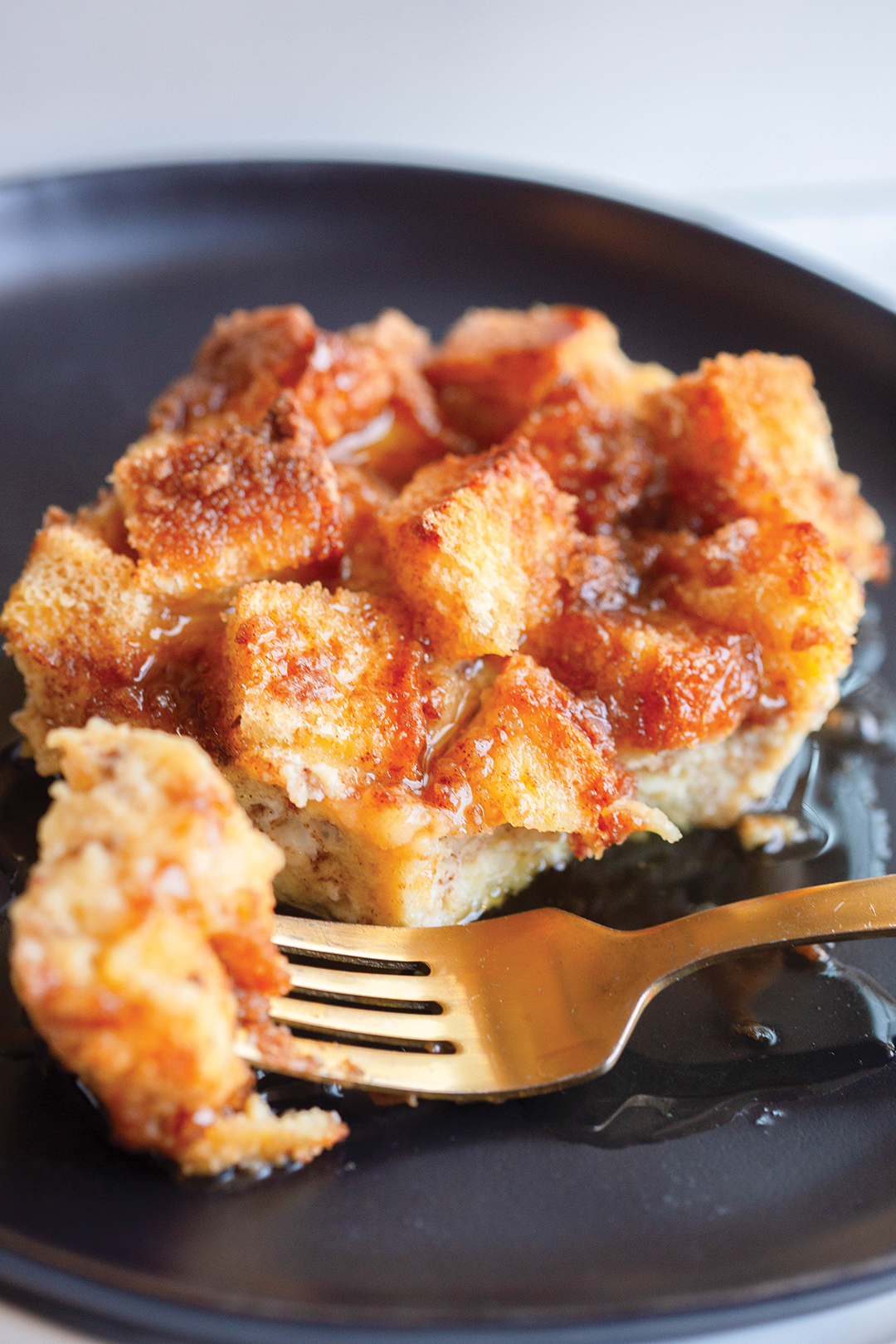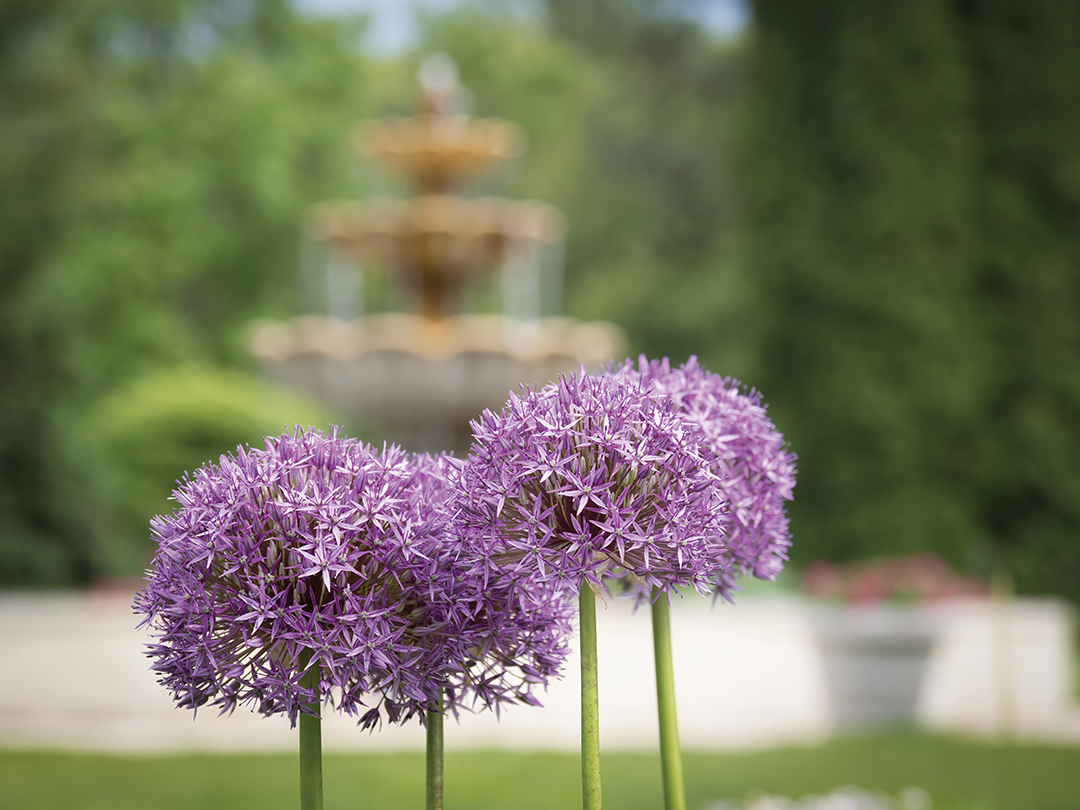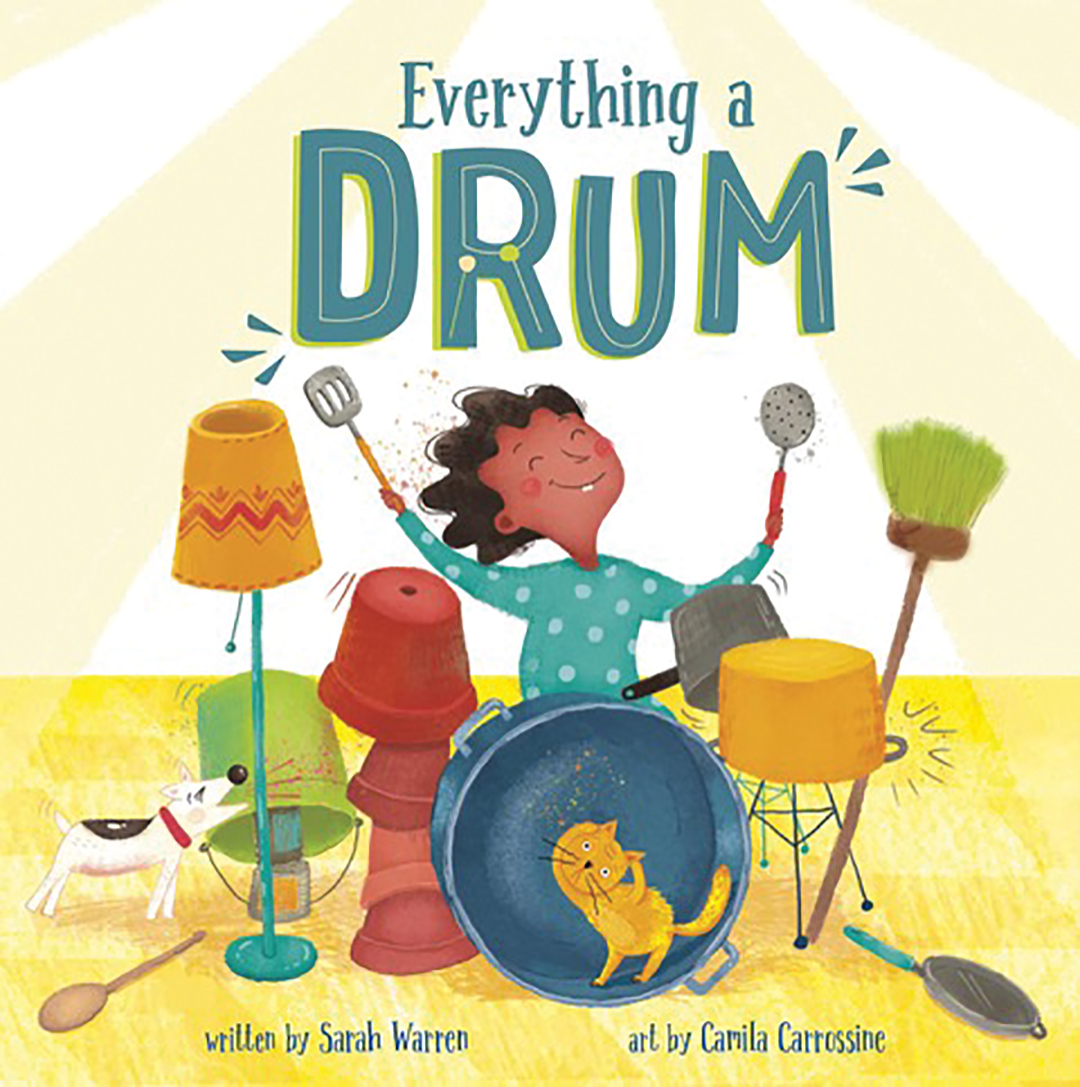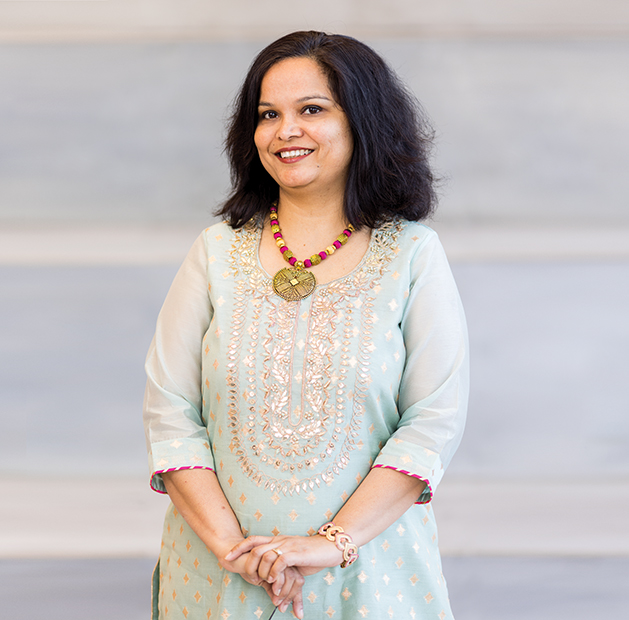
Sayali Amarapurkar
PHOTO BY: CHRIS EMEOTT
Bringing awareness and cultural understanding about the South Asian community.
May is Asian American and Pacific Islander (AAPI) Heritage Month, which is a time to celebrate the contributions of Asians and Pacific Islanders to the history and culture of our country. In honor of AAPI Heritage Month, we want to highlight the contributions of two Asian-American community members who are creating cultural inroads in Edina.
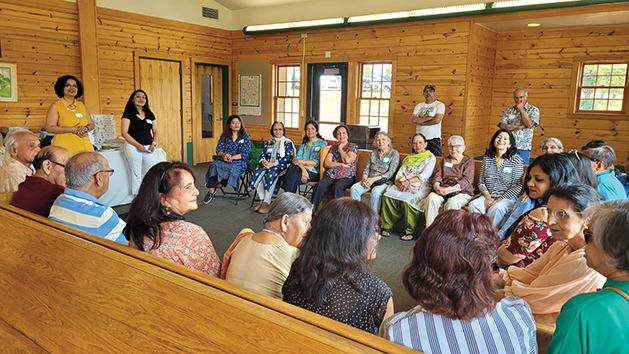
South Asian seniors gather for AshaUSA’s monthly HUM Group, one of the most popular programs the nonprofit runs. The Cornelia Park warming house was the site for the annual picnic.
Photo By: Sayali Amarapurkar
Providing Hope for South Asian Communities
Sayali Amarapurkar has lived in Minnesota for over 20 years since moving from India with her husband in 1999. During that time, she has seen the South Asian community double. “We have an increasing South Asian population here in Minnesota,” Amarapurkar says. “And as more and more people are coming in, we’re seeing a lot of issues.”
These issues are shared by many immigrant communities and encompass aspects such as health, youth development and family dynamics, all of which can become strained during the process of acculturation. (Acculturation is the assimilation to a different culture, typically the dominant one in the area.) Amarapurkar and her friend Kamala Puram identified the need to create culturally specific programs for the rapidly growing community; in 2014, they put their experience of volunteering for nonprofits to work, launching AshaUSA.
“We thought there can be a place where people can get resources and get help before anything becomes a crisis—whether it’s anything related to health, family issues, parenting, whatever it is, all the issues immigrants face when they come to this country,” Amarapurkar says. The name, AshaUSA, conveys the pairs’ ambitions. “‘Asha’ in Hindi means ‘hope,’” Amarapurkar says. And although AshaUSA was started in Edina, both Amarapurkar and Puram want to see the organization grow to a national scale.
“Right now, our work is in the Twin Cities,” Amarapurkar says. “As a research [organization], we have collaborated with the University of Minnesota, Minnesota Department of Health and other organizations that do research with the South Asian community.”
Amarapurkar’s holds a PhD in family social science from the University of Minnesota, and her research experience has helped to contribute to the robust library of resources on AshaUSA’s website, as well as its collaborative research reports. But along with the research aspect of the organization, there’s a social aspect as well.
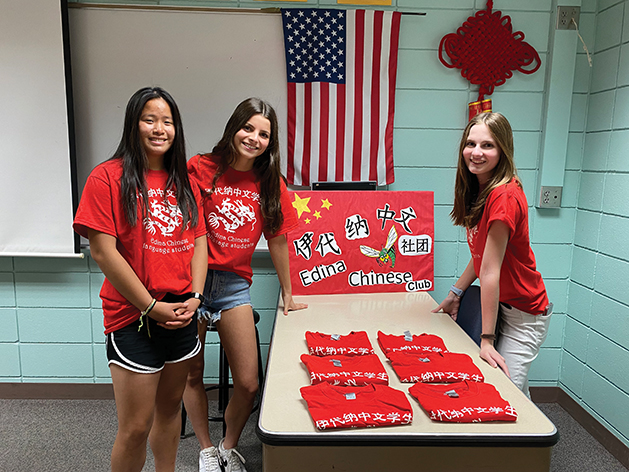
Past EHS Chinese Club student leaders: Lily Nygard, Cata Madrinan and Sarah Mashaal – Photo by: Zhuo Wang
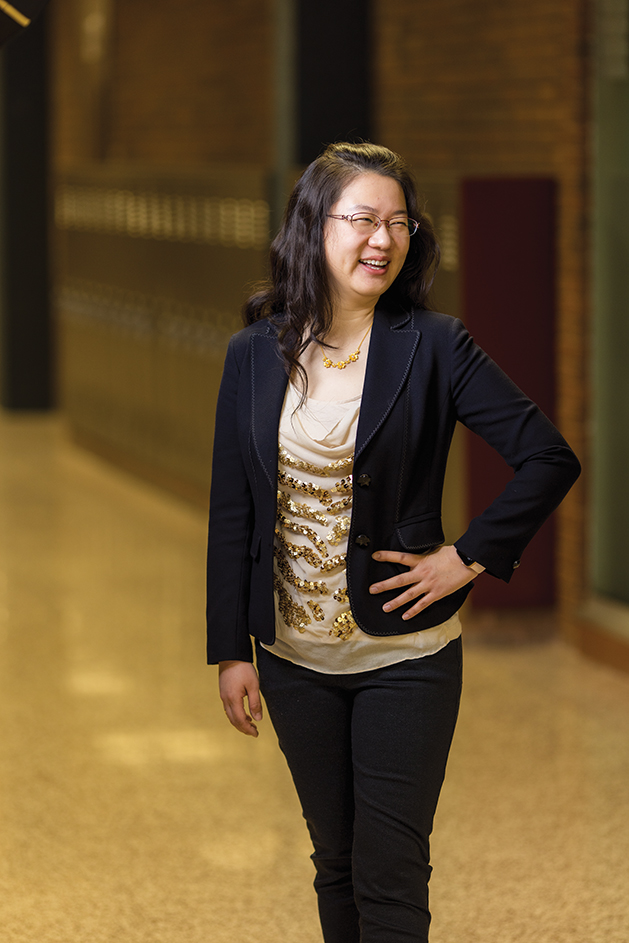
Zhuo Wang – Photo by: Chris Emeott
“Our most popular [program] is called HUM Group, which is a monthly senior group for South Asian seniors,” Amarapurkar says. Founded in 2015 with eight seniors, the program has grown to over 40 members who are usually either visiting family longterm from countries including India, Pakistan, Bangladesh and Sri Lanka, or else immigrants themselves who are looking to connect with others.
“They really love to meet once a month,” Amarapurkar says. “It’s getting together, bringing food, like a potluck, celebrating birthdays or anniversaries or any festivals—whatever’s happening around that time.” She notes that loneliness, especially during the winter months, is one of the main issues affecting South Asian seniors. The HUM Group gives them a chance to circumvent that.
Another program that’s growing in prominence is Mental Health Matters, which holds events and programming aimed at increasing awareness and fighting the stigma associated with mental illness in the South Asian community. Amarapurkar notes that, historically, discussing mental health issues is a cultural taboo in the South Asian community. But over the years, AshaUSA has done different types of programming and panels to attract community members.
Aside from working within the South Asian community, AshaUSA looks to bring cultural awareness to the broader community, too. Members of the nonprofit are invited by various school districts, universities and healthcare providers to discuss South Asian culture and lay the groundwork for cultural understanding.
One of these hosts is Edina Public Schools, which hired Amarapurkar as a part-time South Asian cultural liaison in 2018, where she acts as a bridge between students and their parents, staff and teachers. She helps educate and train teachers whose backgrounds differ from their students, helping them understand student needs and making sure those needs are met.
As a result of her contributions to the Edina community, Amarapurkar was awarded the 2021 Tom Oye Human Rights Award.
Introducing Chinese Culture as a Way to Abate Asian Hate
Amarapurkar isn’t the only one sharing cultural awareness in Edina schools and the wider community. Chinese teacher Zhuo Wang, who immigrated to the United States in 2008 from northern China, uses Edina High School’s (EHS) Chinese club to introduce Chinese culture to students throughout the school. “We do different activities every month, including celebrating Chinese holidays,” Wang says. “We do some activities, like calligraphy writing. We’re also making bubble teas, making Chinese dumplings; we do different sections every month introducing the Chinese culture.”
Over the past two years, Wang says she started noticing a very disturbing trend. “There was a lot of Asian hate crimes happening around the country,” Wang says. “It just broke my heart … From there, I start to think, ‘What can I do to stop Asian hate?’ and, ‘What can I do for my community?’”
Wang says last spring her colleague and fellow Chinese teacher at EHS was designing a T-shirt for the Chinese program at the time, and Wang had the idea to combine the two projects to create a fundraising event. But before she and her class leaders could get to work, Wang had to figure out a way to address the topic of Asian hate with her high school and middle school students.
When she started looking into how she could broach the subject, Wang learned that May was AAPI Heritage Month. “I [thought], ‘Oh, why not start with that?’” Wang says. “So, we looked at the history and how Asian Americans contributed to the country and the good things they did.” After exploring the positive, Wang’s classes turned their attention to the negative. “From there, we talk about why there [is] so much Asian hate now,” she says. “We do not think we should link COVID with a certain group of people.”
Wang then worked with the Chinese club to put together a fundraiser to raise awareness more broadly. She wanted students to be involved in every step of the process, from designing the shirt themselves to deciding which organization to donate the fundraised money to. Ultimately, the students chose to donate the $545 they raised the Coalition of Asian American Leaders.
Wang says the event was a surprising success given its newness. “The fundraiser could not run successfully without the three Chinese club presidents [who are now EHS graduates]: Catalina Madrinan, Lily Nygard and Sarah Mashaal,” Wang says.
Although the May 2021 fundraising event was virtual due to quarantine restrictions, Wang says it’s her goal to continue the fundraiser as an annual event. “I also hope to promote our Chinese program in Edina, so more students are interested in learning the language and culture,” Wang says.
“The more we can understand each culture, the less [misunderstanding] and hate people shall have.”
AshaUSA; ashausa.org
AshaUSA

